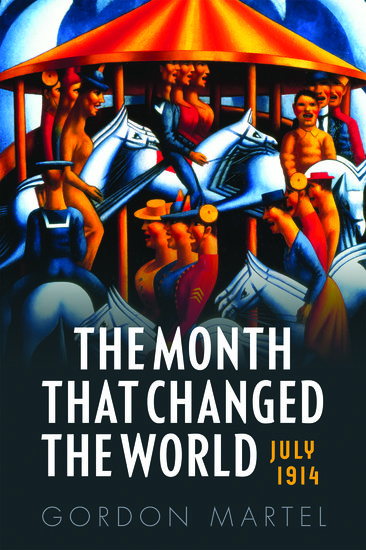Cinderella science
Imagine a plant that grew into a plum pudding, a cricket bat, or even a pair of trousers. Rather than being a magical transformation straight out of Cinderella, these ‘wonderful plants’ were instead to be found in Victorian Britain. Just one of the Fairy-Tales of Science introduced by chemist and journalist John Cargill Brough in his ‘book for youth’ of 1859, these real-world connections and metamorphoses that traced the origins of everyday objects were arguably even more impressive than the fabled conversion of pumpkin to carriage (and back again).










